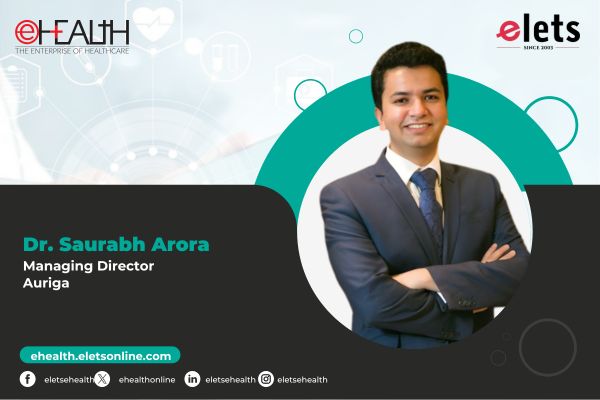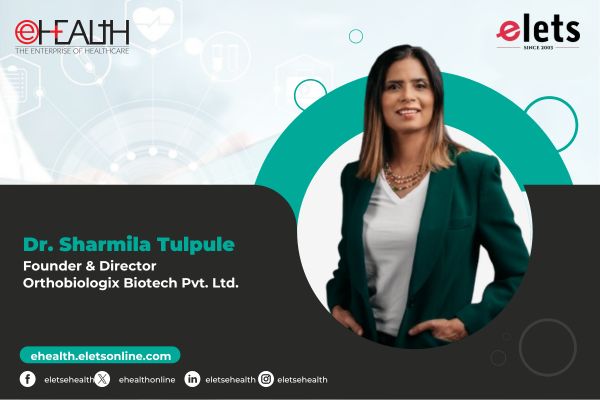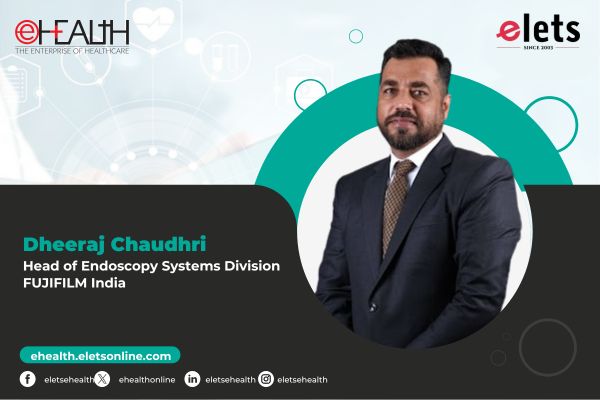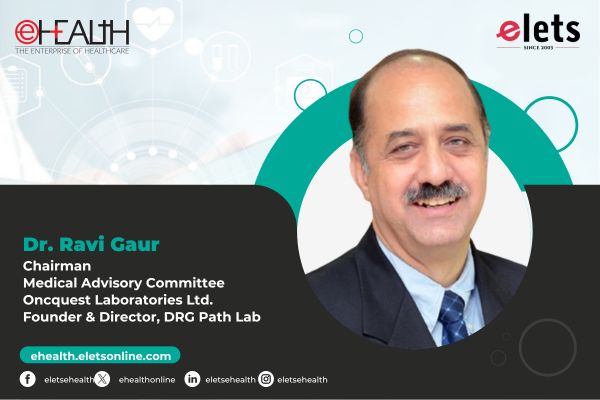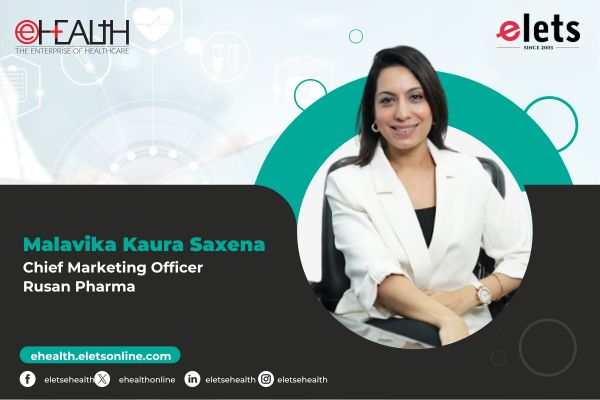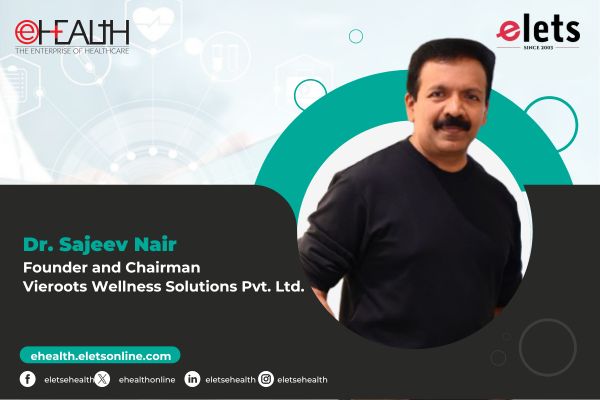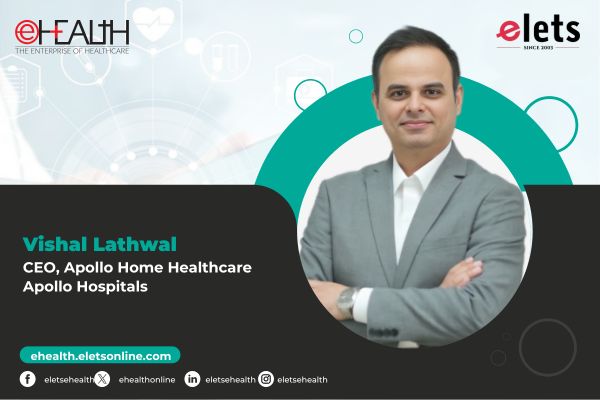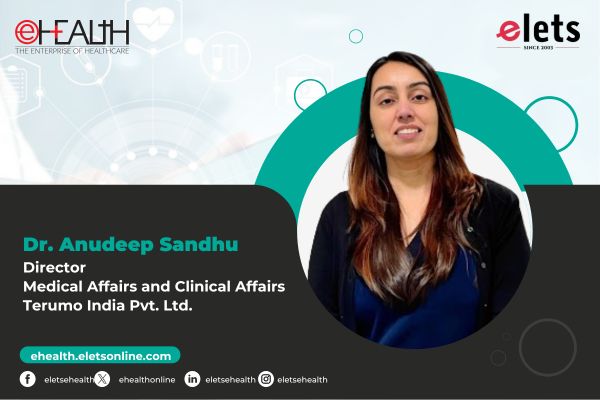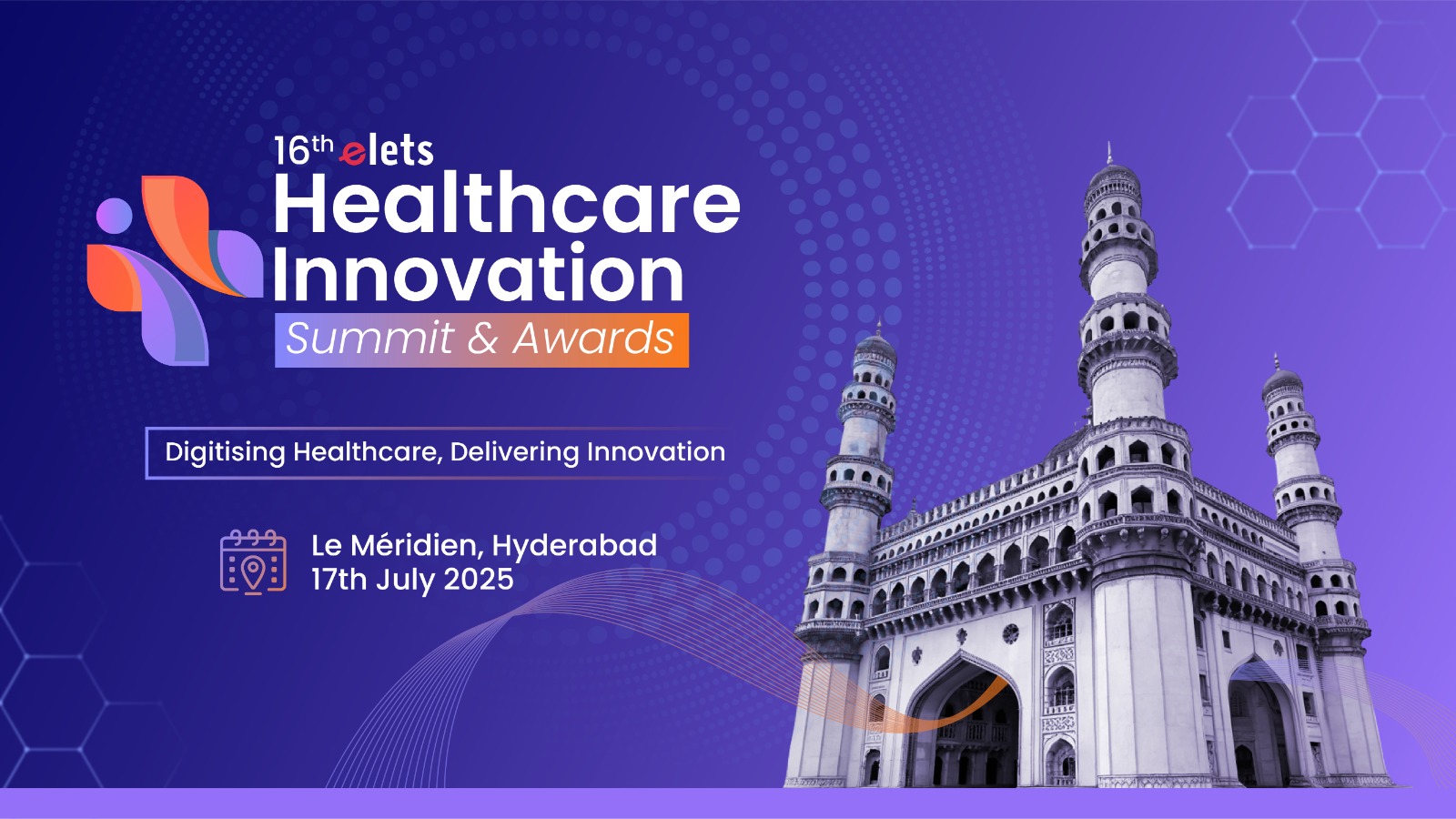
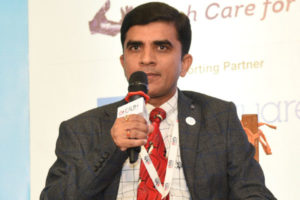 There has been an increased use of information technology across fields in enhancing productivity, cost efficiency and streamlining the processes. In healthcare, IT has proved to be an important tool to improve patient care, contain cost, minimise errors, and standardise the protocols.
There has been an increased use of information technology across fields in enhancing productivity, cost efficiency and streamlining the processes. In healthcare, IT has proved to be an important tool to improve patient care, contain cost, minimise errors, and standardise the protocols.
Some of the benefits of IT include patient appointment scheduling, queue management in OPDs, electronic maintenance of records, in built patient education tools in devices, and remote access of patients’ records.

The use of information system to analyse the wait time, study the cost, easy access of patient records, MIS reports in Business analysis, has transformed the way organisations are dealing with their businesses.

IT ENABLES TO MAINTAIN ROBUST DIGITAL RECORDS

IT has been very useful in the maintenance of patient records. Digitalising records has helped in saving the storage space and thereby retrieval has been made easy. These digital records are safe unlike the conventional paper records which are susceptible to physical damages. Digital records can be accessed and shared remotely. The lab and radiology reports can also be scanned and stored. There are newer technology to store the radiology reports in required resolution.

Follow ups have been made more systematic by setting up of timely notifications to the patient and the doctor or hospital.
This has been very useful in cases where patients are asked for short interval follow up visits such as in vaccinations, chemotherapy, post- surgery follow ups, physiotherapy, study of slowly progressing chronic ailments etc.
PACS–Picture archiving and communications system is a network of computers used by radiology departments which replaces film with electronically stored and displayed digital images. This uses a server to store and allow facile access to high- quality radiologic images, including conventional films, CT, MRI, PET scans and other medical images over a network.
Patient care and management through information technology:
IT has revolutionised the whole paradigm of patient care. Today, small and large healthcare setups are largely dependent on appointment booking platforms which have replaced the conventional calling systems. It saves time and cost both to hospitals and the patients. Moreover, IT proves its worth in minimising human efforts, reducing potential errors and delay of conventional calling systems.
• Lead management through software has helped track the inflow of patients and thereby provides a wide opportunity for data analysis.
• The innovation approach of such technology has largely been patient centric. Patients are provided all the required attention and constantly motivated as well to seek support.
• Technology like patient queue management systematically manages the patient inflow to a doctor.
• Quick exchange of information between doctor / hospital and the patient, saves time and cost for both the sides.
• Patients who are staying miles away can now have their first consultation with the doctor without even meeting him personally. This innovative approach holds importance in bringing down the first visit apprehensions being faced by few patients to some extent.
• Hospitals have designed their own personalised apps to help patients get connected easily. These apps not only contain all the information of organiation / hospital but also have a lot of patient education content, validated by the experts in the field.
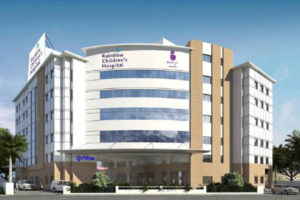 ALPHA CARE: AN OPERATIONAL EXCELLENCE TOOL FOR THE HEALTHCARE INDUSTRY
ALPHA CARE: AN OPERATIONAL EXCELLENCE TOOL FOR THE HEALTHCARE INDUSTRY
India is grappling with shortage of nurses in terms of their availability in time-per-patient. Nurses aren’t available at the station most of the time, since they are pre-occupied with other tasks, non-clinical errands at most of the times.
We face similar situations when we go to hospitals to visit a relative or a friend. We get to see that the nurses are always on their toes to help patients, even for tasks that were not confined to their core responsibility of medical care and assistance. One such situation led to the conception of idea behind Alpha care.
ALPHA CARE is an innovative device, a first in the country, which segregates patient requests and routes them to the concerned department. It can easily be integrated into hospital operations because of its user-friendly and accessible nature, which invariantly helps hospitals to monitor their staff.
The objective is to bridge the gap between patients, care providers and the hospital management. It also aims to redefine in-patient experience. Enabling real time tracking of patient requests, Alpha Care is an escalation driven system that acts as a catalyst for digitalising processes, optimising operations, and empowering hospitals in terms of data.
The results with Alpha Care were worth an applaud: Up to 40 percent reduction in nursing requests, thereby saving nursing hours. Alpha Care almost worked like magic.
The device is found to have reduced the queries irrelevant to nurses and channelised it to the right departments at Rainbow Hospitals, thus reducing the turnaround time (TAT) for addressing patient calls from bed side.
Through the back end reports we are able to analyse the turnaround time for addressing queries of each department and also to guide them how this can be improvised.
Rainbow hospital is the first hospital in Bengaluru to have piloted this project. The hospital leveraged it to improve patient experience and off load the nurses, thus making them more available for clinical care.
Rainbow hospitals is constantly working to improve patient care. At a time when the conventional nurse call bell system in the hospital needs upgradation, Alpha care is one which has right answer to it.
VIRTUAL PLAYGROUND OR MAGIC FLOORS FOR CHILDREN WHILE WAITING FOR DOCTOR’S CONSULTATION IN OPDS WITH PARENTS
Business intelligence (BI) tools have been very useful to analyse the business trends within the company and in comparison with the competitors.
These Business Intelligence tools are placed on top of the regular information systems to get data feed. Sometime the BI tools also give an idea to organisations about their market placement in comparision to their competitors. These tools are extremely useful to plan and strategise marketing activities.
In a nutshell, healthcare professionals have relied heavily on IT to direct, retain, educate, monitor, treat and follow up their patients. The innovation in this field is very dynamic and is warmly welcome by healthcare professionals like me!!
(Writer is Neeraj Lal, VP and Cluster Head of Rainbow Children’s Hospital, Bengaluru)
Be a part of Elets Collaborative Initiatives. Join Us for Upcoming Events and explore business opportunities. Like us on Facebook , connect with us on LinkedIn and follow us on Twitter , Instagram.
"Exciting news! Elets technomedia is now on WhatsApp Channels Subscribe today by clicking the link and stay updated with the latest insights!" Click here!






